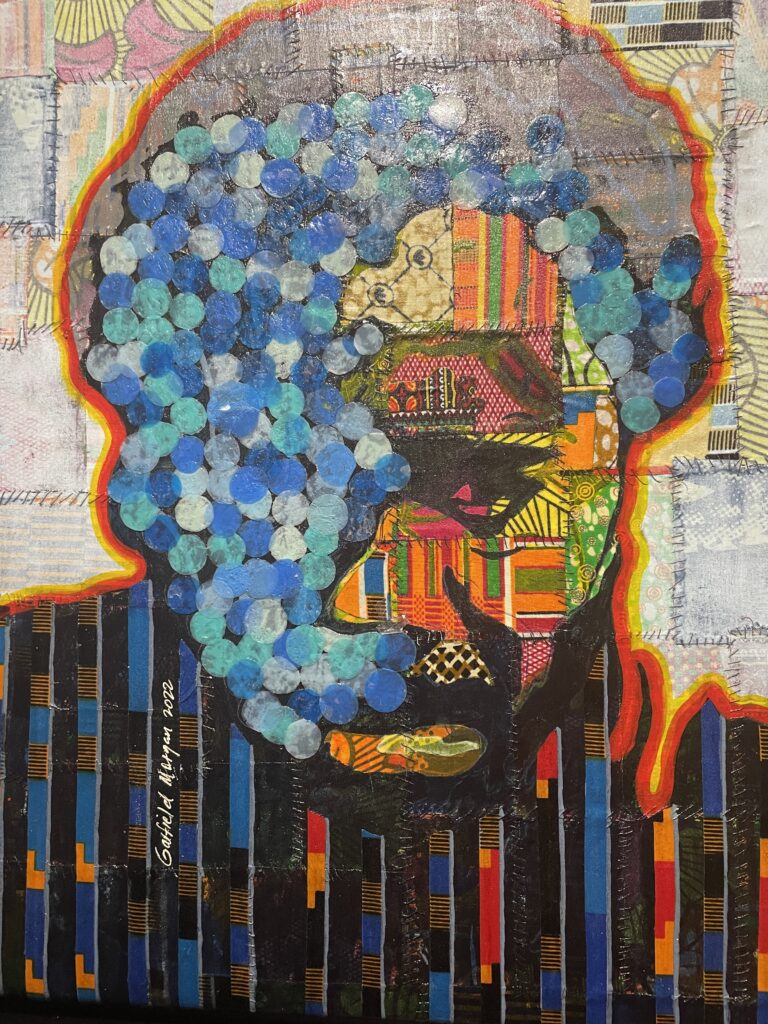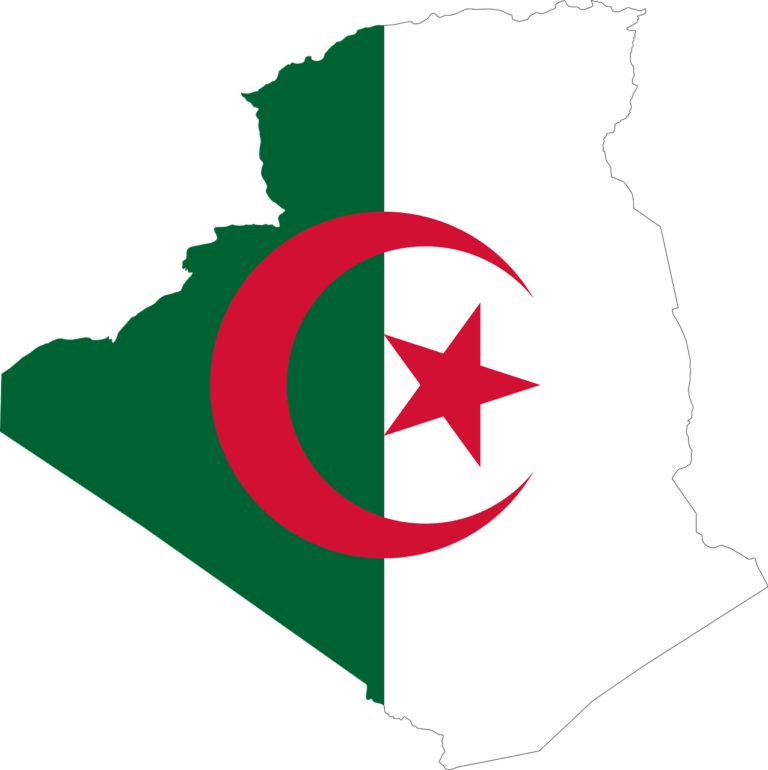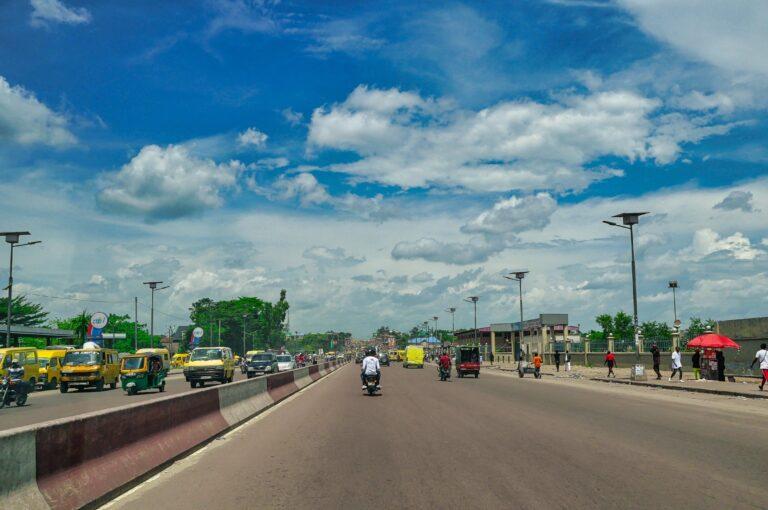The costs and benefits of the Russian invasion of Ukraine

The world was shocked when Russia heightened its threat on Ukraine by moving further into the country with lethal armament, after weeks of suspense. Not many observers thought that Putin would go ahead and attack Ukraine, except the British prime minister, Boris Johnson, who from the onset told international opinion that Putin is capable of the worst, “he is a blood-stained aggressor”, said Bo Jo.
A brief history of a long relationship
In the late 1700s, much of Ukraine’s territory became part of the Russian empire under Catherine the Great. Ukraine fought for independence in the early 20th century but lost and became part of the Soviet Union. But Ukraine has always been a separate entity with its own language and its own status inside the USSR. Under Stalin’s grip in the 1930s, Ukrainians’ farmland and wheat were confiscated, and the resulting famine killed an estimated four million people; no wonder Ukraine declared its independence after the Soviet Union collapsed in 1991. At the time, a substantial portion of the Soviet nuclear arsenal was housed within Ukraine’s borders, and it agreed to transfer those weapons to Russia. Russian forces had previously invaded eastern Ukraine in 2014, and Putin claimed the assault was merely a defense of ethnic Russians who lived in Ukraine’s eastern Donbas region who’ve never supported the country’s relatively new, pro-western government. Political scientists link this annexation of Ukraine to Putin’s long hidden motives. To them, the Russian president has always been driven by an obsession with restoring Russia to national greatness. And his plan to do that is not to make Russia great, but rather, to drag everybody else down. That started with a sustained campaign against any of the former territories of the Soviet Union. Putin is said to believe that he will go down in history as the last Russian leader who was willing to take enormous risks to reassert Russia’s role as a great power. They add “for him, the time is, his clock is ticking, he sees the West as being in decline, the United States in his eyes is distracted. He sees the trans-Atlantic relationship as under strain and he is trying to accomplish these very maximalist objectives. This seems to be the opportune moment to do that.
Implementation of Russia/Putin’s contemporary imperialist agenda
It seems almost unfathomable to associate a member of the former Eastern Bloc with imperialism but on 2 February, Russia proved it, first through a subterfuge: It recognized Luhansk and Donets, two separatist regions in eastern Ukraine, as independent states and ordered Russian troops to act as “peacekeepers”. This certainly did not make much sense since no international law endorses such a move. Putin said, “the People’s Republic of Donbass turned to Russia with a request for help”. He then went on with his military action and justified it. No one can be deceived because it is only in respect of states that the right of collective self-defense exists – humanitarian intervention on behalf of individuals in a state has not gained a place in international law. Only Russia has recognized the statehood of the two regions.
This former mercenary who trained freedom fighters in southern Africa in the 70s and 80s and former agent of the dreaded KGB did not bother to engage in more refined and persuasive aberrations. Putin pursued his “defense of those endangered separatist areas” which were being decimated by a genocide that only he knew about. He might have been trying to reinvent international laws because it is no secret that to give the inhabitants of a part of a state the right to secede from that state is illegal.
Gruesome unjustified violence against Ukraine
After Russia spent several weeks building up a sizable military force along its border with Ukraine and in neighboring Belarus, it launched a full-scale invasion of the country by air, land and sea. That triggered panic and fear among many Ukrainian civilians, as they scrambled to flee or prepare for the escalation in violence, although many also remained stoic even as missiles fell on multiple cities. The whole sky was awash with red and orange when these missiles struck – some of which were apparently cruise missiles. It appeared that military installations have been the target [of the attack] – there had been missile attacks and the number of casualties and level of damage was high. Ukrainian President Volodymyr Zelenskyy called on all citizens who are ready to defend the country from Russian forces to come forward, saying Kyiv will issue weapons to everyone who wants them.
Avalanche of sanctions against Russia
Reactions immediately ensued although they were different in substance. Some really condemned this barbaric Russian invasion, others spoke towards securing their military and financial agreements with Putin. NETO, the EU and the UN unequivocally condemned Moscow for this blatant breach of international laws. However, few African countries issued an official response to Russia’s aggressions. Kenya, Gabon, Ghana, and Nigeria spoke out against the escalating conflict. South African President Cyril Ramaphosa, a former trainee of Putin himself, appealed for a “mediation process” to bring the hostilities to an end; South Africa has also asked that Russia withdraw its troops from Ukraine. We need to remain mindful of the fact that Russia has been expanding its military support in Libya, Sudan, the Central African Republic, and Mozambique with advances in Mali in fighting rebels and Jihadist insurgents.
Gaping racial discrimination
Around 20 percent of Ukraine’s foreign students are Africans. Moroccans make up the largest group with 8,000 students, Nigerians are second with 4,000 and Egyptians are third with 3,500. At least two foreign students—one from India and another from Algeria—were killed during the bombardments. Strangely enough, some European politicians and journalists described Ukrainian asylum-seekers by denigrating refugees from elsewhere. Bulgarian Prime Minister Kiril Petkov told journalists that his country would welcome Ukrainians because “these are not the refugees we are used to … these people are Europeans,” he said. “These people are intelligent. They are educated people.” Fortunately, in this tumult, UN Secretary General António Guterres advised against discrimination of any sort in taking in those seeking safety. Comments by an Al Jazeera English presenter also came under fire after he said, “These are prosperous middle-class people … they look like any European family that you would live next door to.” The channel allegedly issued an apology for a “breach of professionalism.”
Paradoxically, a considerable number of African students (all from the same country) refuse to be repatriated, they prefer dying in Ukraine, rather than coming back home.
Moussa Traoré is Associate Professor at the Department of English of the University of Cape Coast, Ghana.






